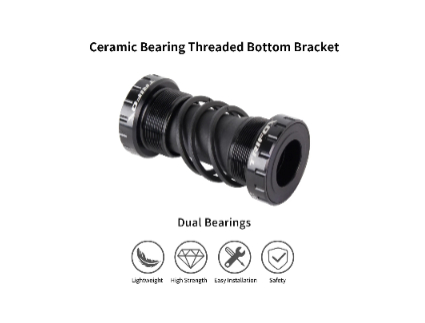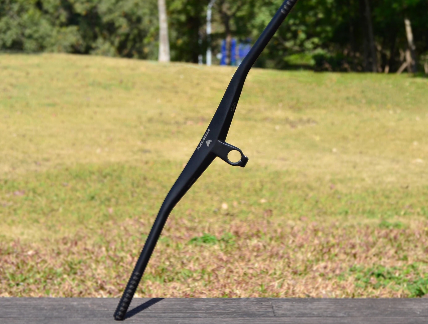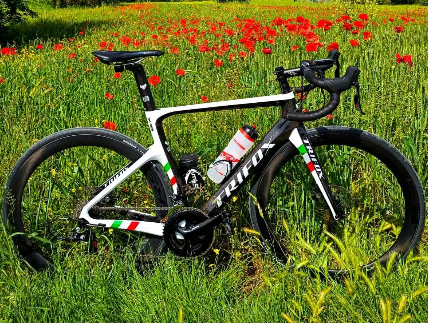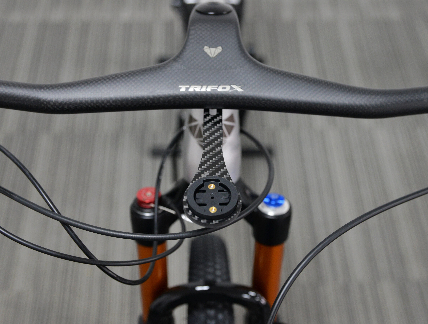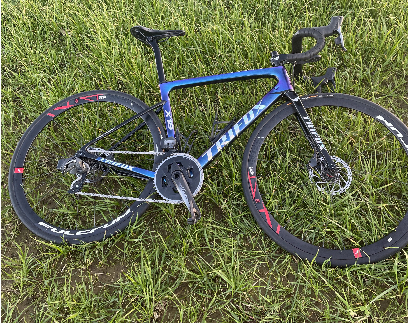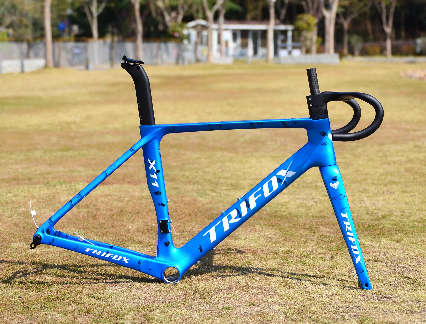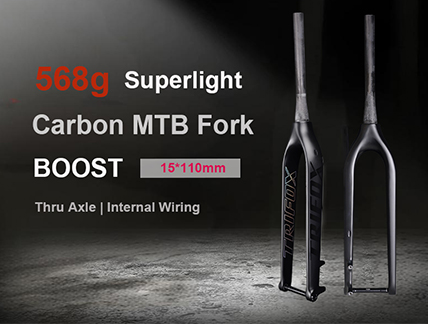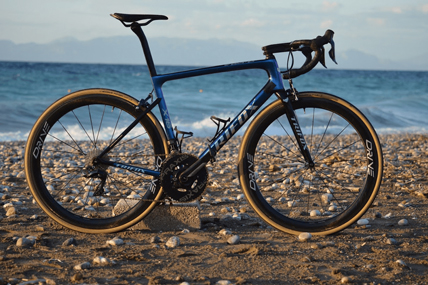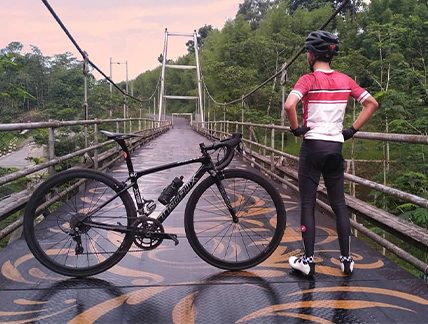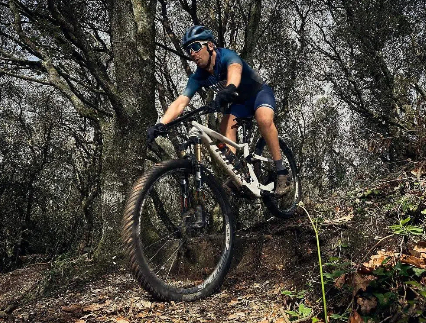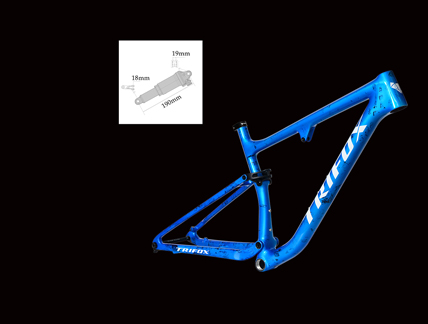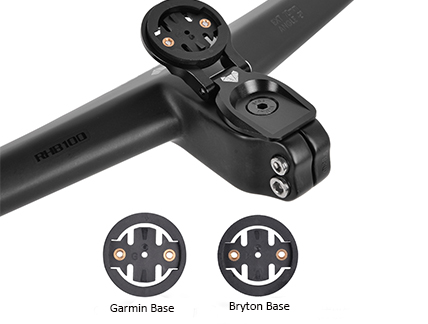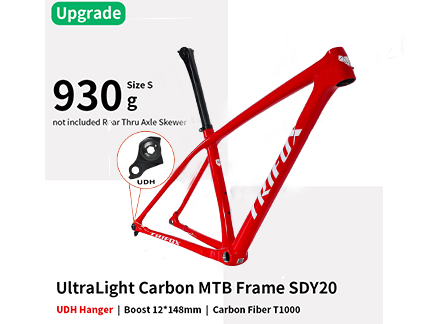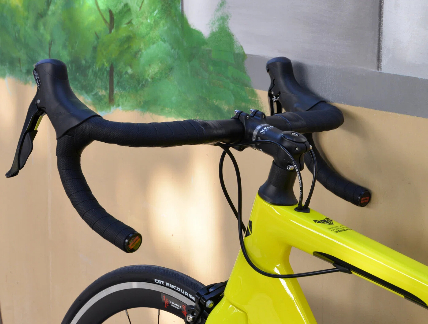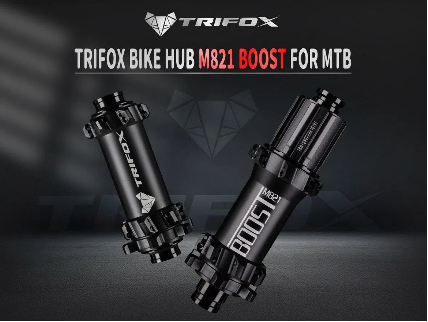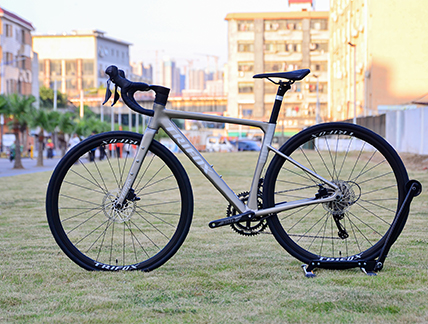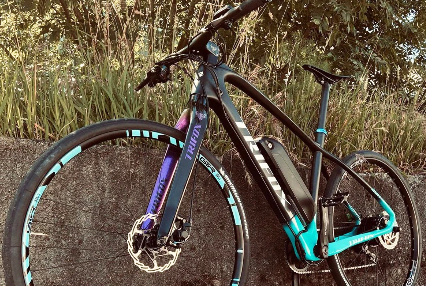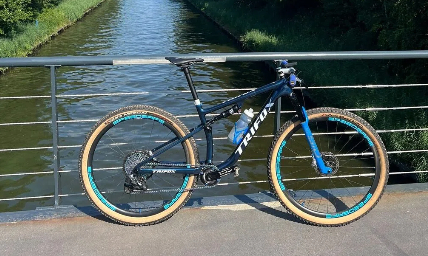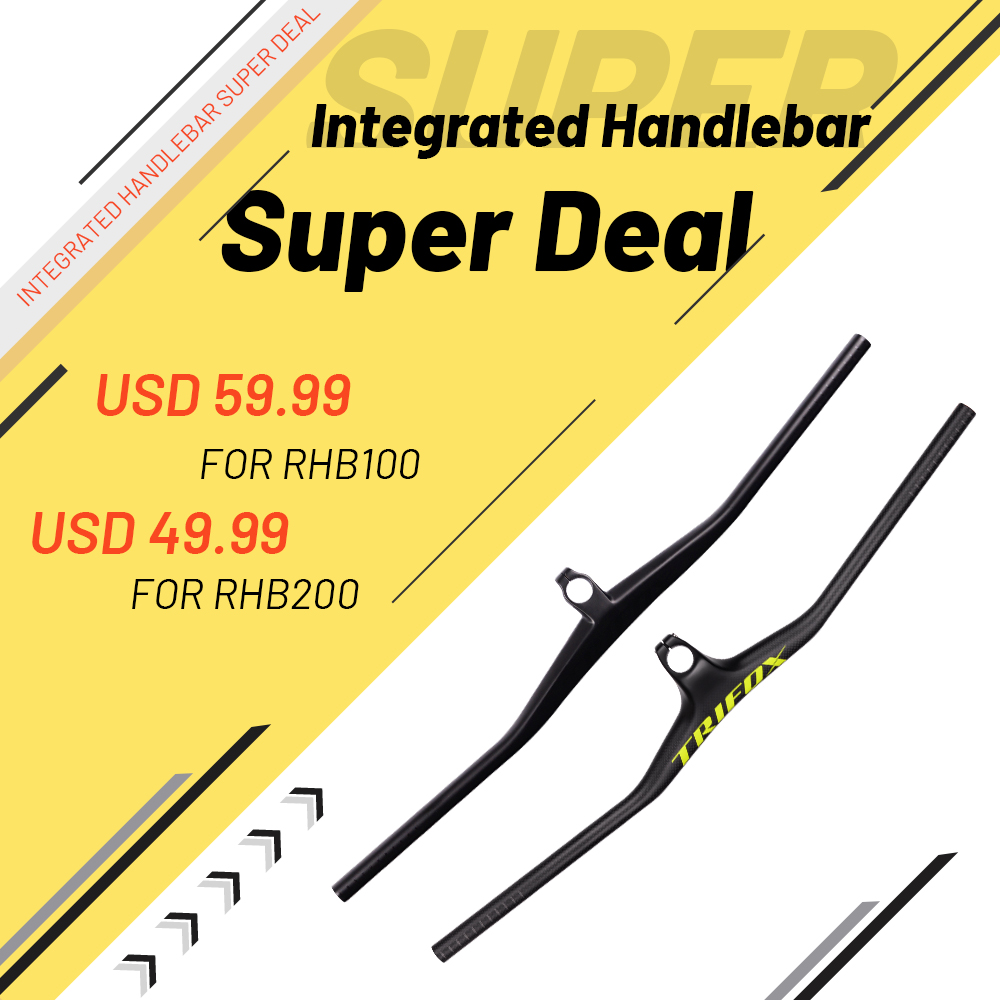Whoa. $699 for a full suspension carbon mountain bike frame? That’s the headline grab from Trifox’s MFM100, and it immediately stops you in your tracks. In a world where carbon frames often command $2000+ just for the frame, this price point feels almost unreal. But is it too good to be true? Let’s break it down.
The Allure is Obvious:
Carbon Construction: Getting a carbon main frame and rear triangle at this price is unprecedented. Carbon offers the classic benefits: lightweight potential, stiffness where you want it, and vibration damping.
Modern Geometry: Trifox lists a slack-ish 66.5° head angle and a steeper 76° seat angle, fitting current trail/enduro trends. Reach numbers seem reasonable for modern sizing.
Suspension Design: It uses a Horst Link (4-bar) platform, a proven design known for its pedaling efficiency and bump compliance, adjustable via the shock's settings.
Boost Spacing, Internal Routing: Caters to contemporary components and cleaner looks.
The Price: Let's state it again: $699. This is cheaper than many high-end aluminum frames, let alone carbon.
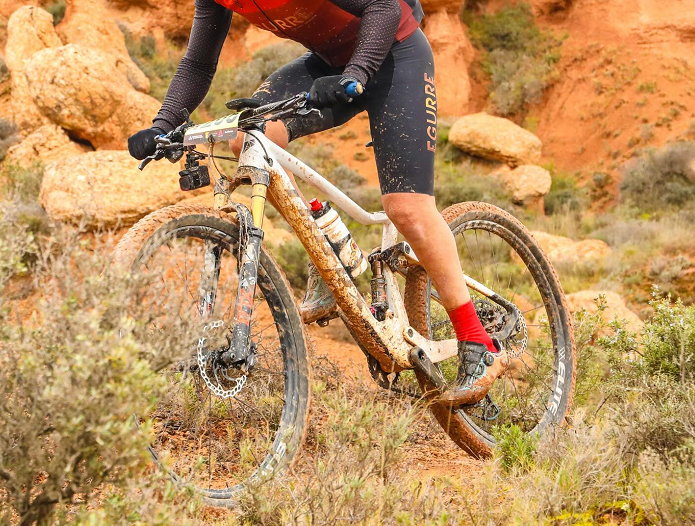
Who is this REALLY for?
The Savvy Tinkerer: Someone with deep mechanical knowledge, existing high-end components to swap over, and a willingness to potentially troubleshoot frame issues or bearing tolerances. They understand the risks.
The Budget-Pushed Builder: Riders determined to get onto a carbon full-sus platform with absolute minimal frame cost, accepting the compromises and risks. Only if they have realistic expectations.
The Trifox MFM100 is undeniably fascinating. It forces a conversation about frame manufacturing costs and DTC disruption. For $699, you get a modern-geometry, carbon full-suspension frame on paper.






























































